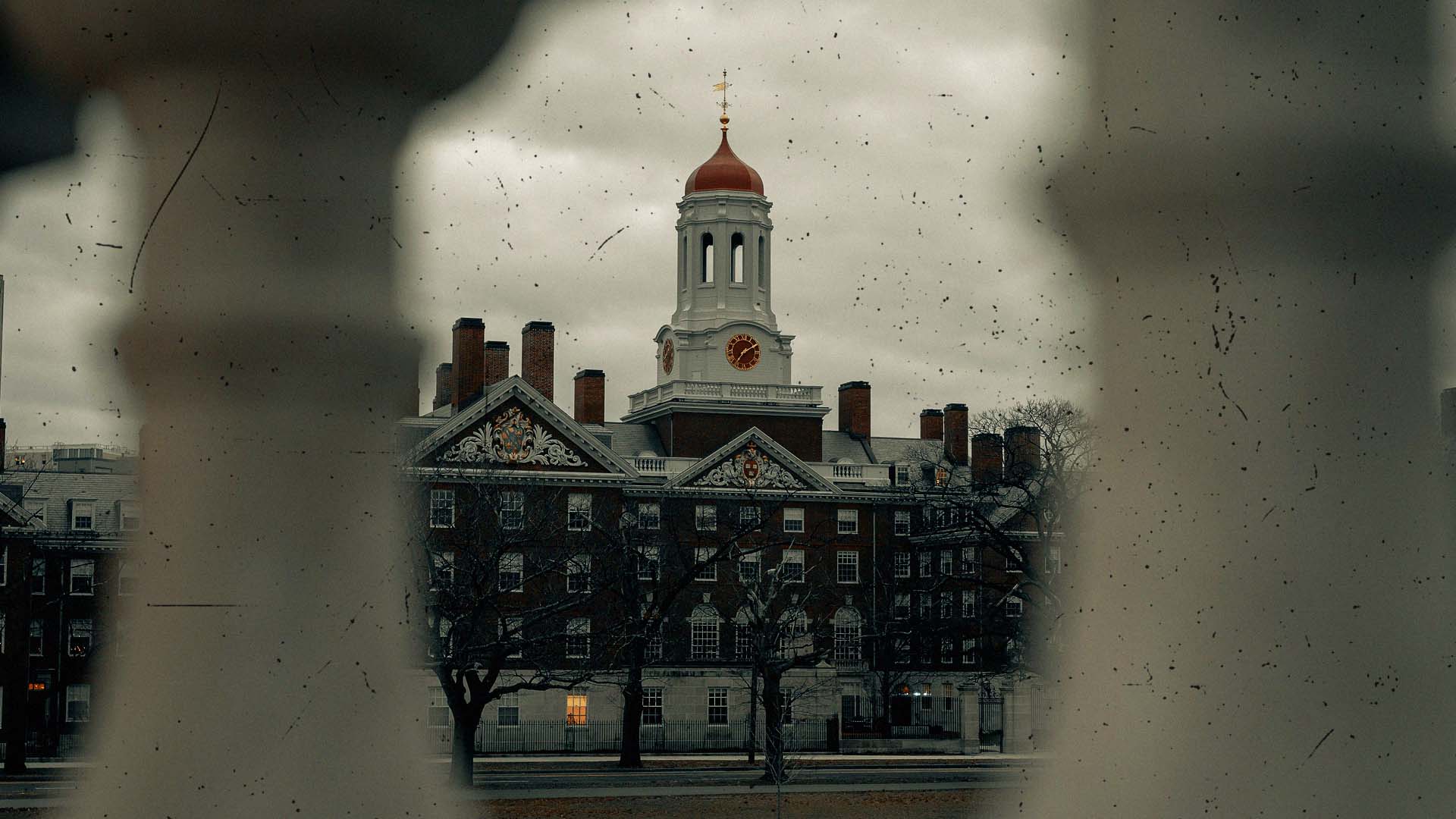In a lawsuit considered to be the first of its kind, students are suing Harvard for not taking action against a professor that allegedly assaulted students for years. With some universities still choosing denial in cases of sexual assault on campuses, here’s why they should view tackling the systemic issue as an opportunity to become institutions of the future.
A recent lawsuit against Harvard has garnered much attention in the media. Three students allege that Harvard university failed to take action against anthropology professor John Comaroff, who has been hit with multiple accusations of sexual assault over the past few years.
Three of his accusers, Margaret Czerwienski, Lilia Kilburn and Amulya Mandava, decided to draw the line when they redirected their allegations towards the institution itself.
They claim the Ivy League university is allowing staff to go unpunished and enabling a climate of insecurity for students.
The case explained
The professor allegedly groped, kissed, and made unwanted sexual advances towards these three women, and later, threatened to harm their academic careers if they reported him. Comaroff even told one of the students that she would be a victim of violence if she were to date women in ‘other countries’, insinuating that her sexuality was a crime.
Although these are the main events mentioned in the court case, according to the Harvard Crimson, there have been many more similar accusations against Comaroff during his time at Harvard.
Immediately after the suit was filed, 38 Harvard professors wrote a public letter protecting the defendant in which they cited his academic integrity, as if it precluded him from assaulting women.
#Harvard isn't special. Your alma mater…your school…your employer…is likely sitting on numerous cases that are just as disturbing and explosive as the #Comaroff case.
— Nicole Gonzalez Van Cleve (@nvancleve) February 9, 2022
As soon as the case garnered mainstream media attention, however, almost all of those who initially signed the letter retracted their defence, under the pretext they had not been aware of all the facts. Among those who signed the initial defence included many renowned Harvard professors, such as anthropologist Paul Farmer and historian Jill Lepore.
Despite the letter being immediately condemned by another group of almost 80 professors, the initial statement defending Comaroff merits further examination into why sexual assault is so common within university settings.
It serves to demonstrate that a systemic problem still persists, and that in many cases institutions will continue to ignore and deny claims against colleagues and fellow staff members.
A persistent issue
A similar example to the Harvard case took place at McGill University over the last couple of years. This Canadian institution became the stage for one of the largest student movements in the country’s history. In poorly handling this mass mobilisation, McGill’s decisions serve as a template of what an institution should not do when faced with a systemic problem.
Five McGill professors have been accused of sexual assault since 2016. In disregarding the credibility of the claims, McGill’s response to these accusations – mainly consisting of ignoring them entirely and keeping professors in their positions – has been vehemently criticised by the student body.
My time as an undergraduate student at McGill coincided with the apex of the student movement calling for action. As the number of allegations mounted and awareness grew amongst students, the situation culminated in 2019 with one of the largest student walk-outs in Canadian history.
The ensuing media attention finally forced McGill to change their policy towards sexual assault to make it easier for individuals to make claims against faculty members and appoint a special investigator for the most prominent cases.
Although their policies have been revised multiple times since the protests, student society members have continuously knocked the convoluted reporting process in student newspapers and on social media. Surprisingly, even after national coverage of the case, the university has taken little action to ensure a safer environment for students.
Students claim the university chose performative measures over enacting real and proven
solutions to the issue of sexual assault on its campus. Having a proper and easily accessible reporting process in place, ensuring that the students who report their assaults are protected and believed, and making sure there is accessible education on sexual assault and bystander training – these are just a few of the measures that must be established if these institutions want to improve the current situation.
Although most of our statistics about sexual assault come from independent associations rather than from the universities themselves, we see that high rates of violence exist in most universities across the United States, the UK, and Canada.
In fact, American universities have been known to underreport cases of sexual assault with almost 90% of them reporting 0 cases in 2018. This directly contradicts the widely accepted statistic that about 1 in 5 women experience this kind of violence on university campuses.




















